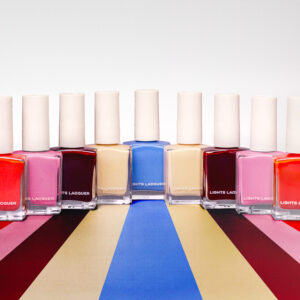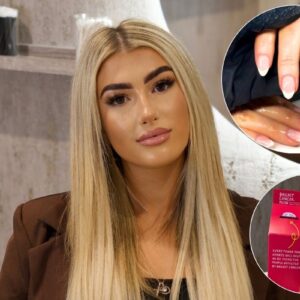
The cost of beauty – make-up wipes: made of plastic, don’t biodegrade, block sewers, unkind to skin – time for a rethink
By Alex Fox | 05 May 2021 | Business, Feature, Sustainability & the Environment
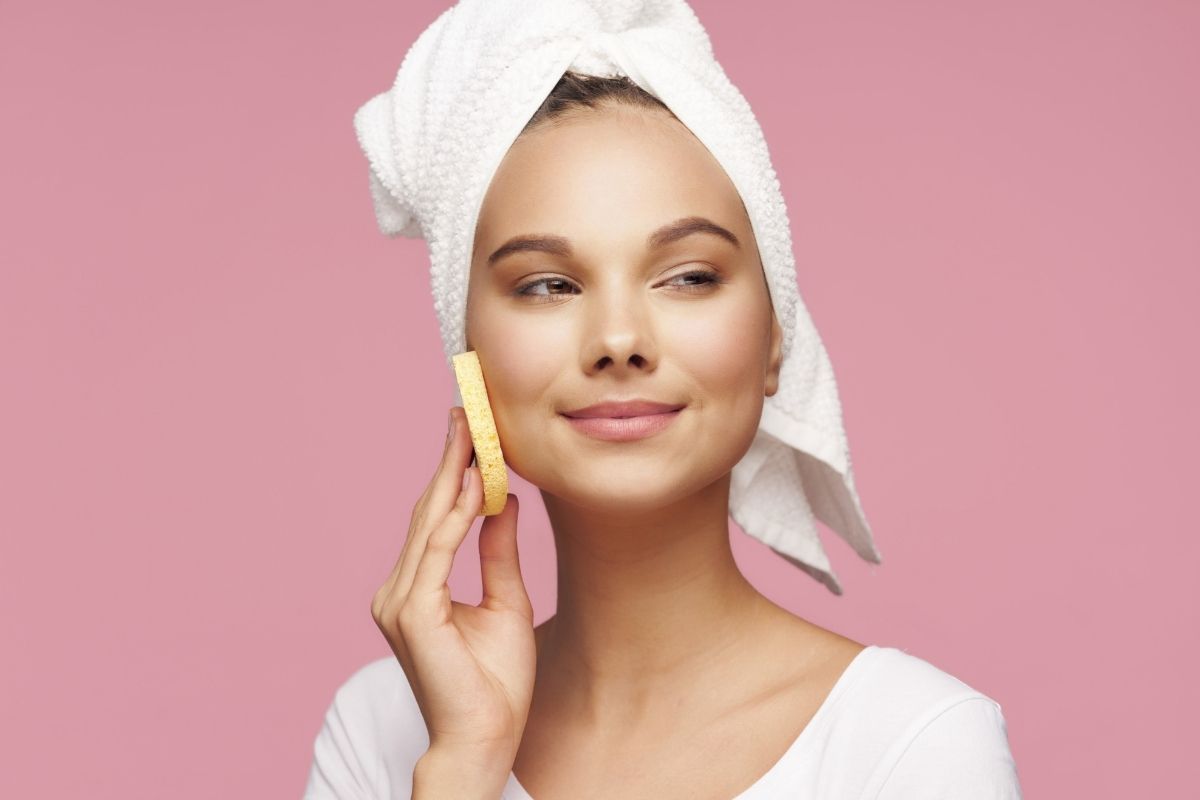
We’re flushing away or binning an astonishing 11 billion wet wipes every year, which can take up to 100 years to biodegrade.
BusinessWaste.co.uk, waste management specialist, is concerned about the volume of waste being created by used make-up wipes and says as a nation, we need to change our ways.
“Make-up wipes are the quickest and cheapest way to remove make-up on the market, but this doesn’t mean they’re the best option for the environment,” says Mark Hall, company spokesman. However, as global sales of all wet wipes are set to hit £16 billion by 2021*, it’s time to scrub away our nation’s unhealthy habits of using make-up wipes, he says.
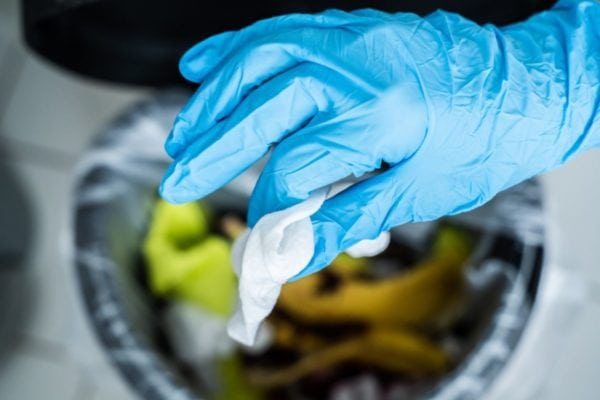
Time to clean up
We all know that using make-up wipes is bad for the environment, but because they’re an incredibly convenient way to remove make-up, it’s easy to convince yourself that one wipe a day won’t cause too much damage.
Millions of consumers rely on make-up wipes as they promise to wash away the day in seconds using just one product, making them cost effective and a low maintenance part of their daily routines.
But despite the plush cotton feel make-up wipes have on your face, they actually contain a mix of plastic fibres such as polyester and polypropylene, which prevent them from biodegrading. And, not all wet wipes are good for your skin either!
BusinessWaste.co.uk warns that they break down into micro-plastics and smaller fibres, which will end up polluting the oceans and entering the food chain.
“With such a high number of wipes being used, there’s a lot of single-use plastic coming into the world,” says spokesperson Mark Hall. “The only way to prevent this happening is to stop using them.”
To add to the damage, make-up and other wet wipes are not recyclable, meaning that the only way they can be properly disposed of is to put them into your rubbish bin.
“For heavens sake do not flush make-up wipes down the toilet either,” warns Mark Hall. “You’ll only break your toilet and block up the sewers. You don’t want poo flooding your bathroom, do you? Or an invoice from the contractors that have to clear it.”
With 9.3 million wet wipes being flushed down the loo every day, they account for a staggering 93% of all sewer blockages, and make-up wipes are a big contribution to this problem.**
BusinessWaste.co.uk explains that flushing anything other than toilet paper down the loo could add to ‘fatbergs’ in the sewers, which are caused by a build-up of fat and non-biodegradable materials such as wet wipes, which can lead to sewers blocking or overflowing.
Fortunately, several brands are leading the way, such as high street store Holland & Barrett pledging to remove all wet wipes from its stores***, and brand Huggies aiming to remove all plastics from its wipes in the next five years.****
“Thank god people are taking action, otherwise our entire planet is going to be covered in a layer of make-up wipes,” says Hall. “Imagine a squishy wet wipe mush underfoot everywhere you go. Yuck.”

What alternatives are there?
With many people knowing that make-up wipes are bad news for the environment, alternative ways to remove make-up are becoming increasingly popular, so why isn’t everyone making the change?
“I’ll admit, I buy the cheap make-up wipes from the supermarket, but then end up using four instead of one,” says shopper Heidi in Lancaster. “I still think it’s cheaper than whatever else is out there.”
Scratch highlights: Tap water and a face cloth are a cheaper, safer and better option for the environment and the skin
Make-up wipes can cost as little as a pound for a pack, whereas plastic-free alternatives can cost 10 times that, so it’s easy to see why people are finding it hard to make the switch.
Here’s a list of inexpensive alternatives to help people cut down on make-up wipe use.
- Try one of the many cleansers such as micellar water available on the market with a flannel, a bottle can last for ages, and the flannel is washable.
- Invest in a washable make-up remover cloth, which only needs to be run under a tap before use. It can be chucked in your washing machine when you’ve used it, which over time will be much cheaper than restocking on make-up wipes
- Use a gentle soap and some water and little bit of arm power.
- Stop wearing make-up every day, saves on wipes and saves you money. This is the ideal lockdown solution.
- Ultimately, we need to get people to realise that make-up wipes are a single-use plastic, like carrier bags and straws,” says company spokesman, Mark Hall. “If people can take their own bags to the supermarket, then they can wipe out the wet wipe too.”
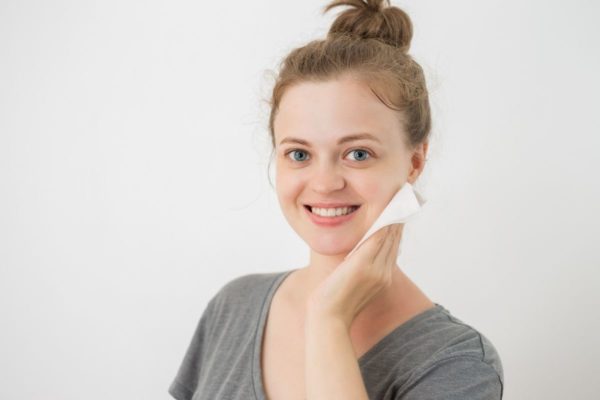
https://www.businesswaste.co.uk
FURTHER READING…
** https://www.glamourmagazine.co.uk/gallery/why-face-wipes-are-bad-for-your-skin
And for those that want eco-friendly wipes for the baby & the face…try…
Waterwipes made from plants – www.waterwipes.com
Sold in Waitrose, Asda, Tesco, Morrisons, Coop, Sainsburys, Boots, M&S & Costco too.

Read the latest issue






